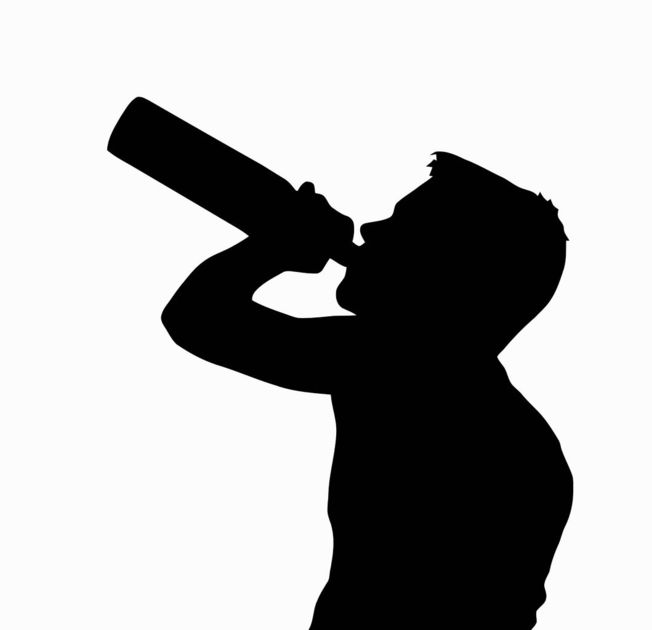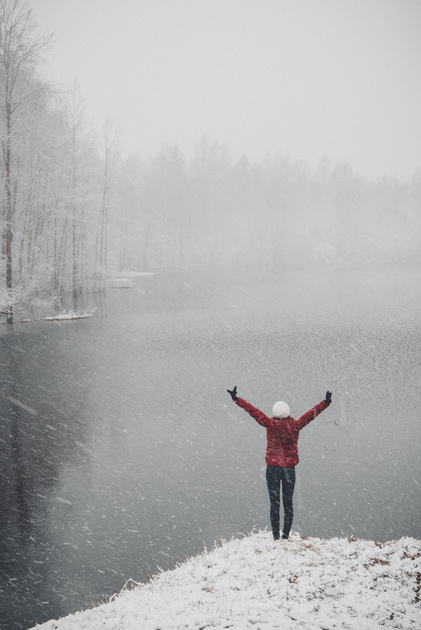
By Yehuda Krohn, Psy.D.
Author’s note: The privacy and confidentiality of individuals found in this narrative was safeguarded, by modifying identifying details.
Our session began, as scheduled, the Sunday after Simchas Torah. I waited for Moe to choose a starting point. He opened with “Well, Yom Tov was fine. It was really draining, though.”
I thought I knew what Moe meant: There is a multitude of halachos and minhagim to balance and squeeze into small windows of time – from davening, to hakafos, to aliyos, to meals as we approach the end of Sukkos. Moe was probably having a hard time with all that.
Fortunately, I didn’t just nod my head and say “I know exactly how you feel.” Instead, I invited Moe to say more. He said:
As we started the hakafos, people were already drinking, somewhat. By the time we hit the 4th hakafah, many people were visibly drunk; they were acting wild and crazy. I had to find a safe space, some distance off, from the Shul.
Moe is a witty, intelligent, creative 30 year old. He is also a recovering alcoholic and has been active with AA for about 10 years. Recovering alcoholics, in the 12-step tradition, practice total sobriety – no alcohol whatsoever. Moe shared with me the guidelines for attending an event where alcohol is served:
According to the Big Book, if I am feeling emotionally up to it (spiritually fit, in the book’s terms), and if I attend the event for the right reasons, then it’s okay for me to be there.
Moe correctly understood that his having maintained sobriety, for over 6 years, rendered him spiritually fit, at least, at the start of hakafos. He also understood that his attendance of Simchas Torah was not for the sake of drinking (for him, a wrong reason), but for the sake of his religious and spiritual growth (a legitimate reason).
The above worked for him, until the moment that his peers became visibly tipsy, their breaths carrying the odor of alcohol. Moe was triggered, and he felt himself emotionally faltering. He, again, correctly understood that it was now time to leave the scene. Moe took a long walk and returned to shul, only after the hakafos were over.
As Moe and I debriefed, we considered how many people in his shul consider alcohol a legitimate prop on the pathway to spirituality. For some Chassidic students, the spiritual conversations they hold with their mashpi’im, or mentors, are helped along by mashkeh. For others, the experience of singing at a Shalom Zachor or Kiddush, and the experience of dancing at a wedding or on Simchas Torah, is enhanced by drinking significant quantities of bourbon and scotch.
For Moe, though, the opposite is true. His spirituality is mated to his sobriety. It was only through his finding Hashem, in the first place, that Moe could find his way out of the powerlessness imposed on him by alcohol. It is only through his continued relationship with Hashem and other spiritually oriented peers, that he is able to resist the siren-call of his past relationship with the bottle.
Moe is not the only person who oftentimes cannot feel at home, or even safe, in the shul of his choice. On more than one occasion, I’ve found myself working with a recovering addict, returning from out-of-state treatment and searching for a healthy way to connect with like-minded Jews. There are seemingly good matches between them and communities but there is one problem. The shul communities that would otherwise work for them, happen to support highly visible, continuous drinking, at their Kiddushes and Shalom Zachors. This is simply too triggering for those in recovery.
Back when I worked with recovering addicts at Yellowbrick, in Evanston, we would help our residents find resources beyond the walls of the treatment center. Not only did this mean assisting them to locate community-based 12-step groups, it also meant helping those who were fans of musicians whose concerts were riddled with drug use (think Phish) connect with “Sober Groups” – that is a collection of concert attendees who’d committed not to use.
I wonder how many rabbonim are willing and prepared to similarly help their congregants. If you are a rov, do you know which of your congregants are recovering alcoholics? If not, how might you find this out? If some of your congregants actually participate in 12-step programs, are there sections of simchos that you can designate for non-drinking? Better yet, can you encourage some ba’alei simchah to make Sober-Kiddushes – that is alcohol-free Kiddushes, out of respect for those in recovery?
In similar fashion, might those mashpi’im who are trying to spiritually influence their young charges, do so with “Sober-brengins”? At the risk of stating the obvious, these same mashpi’im would be avoiding a host of other problems by steering clear of alcohol use in such situations.
If you are not a rov, but simply a fellow shul member of someone in recovery, how do you currently approach alcohol at Kiddushes? Are you a drinker? Drinking may not have wrecked your life, at least not yet. It has, though, nearly ruined the lives of some of your fellow mispallelim. Are you prepared to take “no” for an answer, when you’ve invited a peer to drink a le’chaim. Might you consider just how drunk you are willing to get in the presence of someone in recovery, someone who would be triggered by your hilarity, by the smell of alcohol on your breath?
I’m not trying to stop you, as an individual who has chosen to drink, from drinking. That is your decision. I am asking you to be mindful of the fact that some of your peers have chosen sobriety and courageously so. You may believe that you’ve found pathways to spirituality, by way of your drinking. Don’t shtehr, or ruin, the alternate spiritual pathway of your recovering friend. Be a mensch.
Rabbi Yehuda Krohn, Psy.D, a licensed clinical psychologist, is a Musmach of Yeshiva Derech Ayson of Far Rockaway. He provides individual and couples therapy in his Chicago-area private practice, and he also provides therapy to an inpatient psychiatric population. Rabbi Dr. Krohn, writes and presents on Torah, Psychology and the intersection of the two. He is a board member of Nefesh International.
 Previous
Previous

